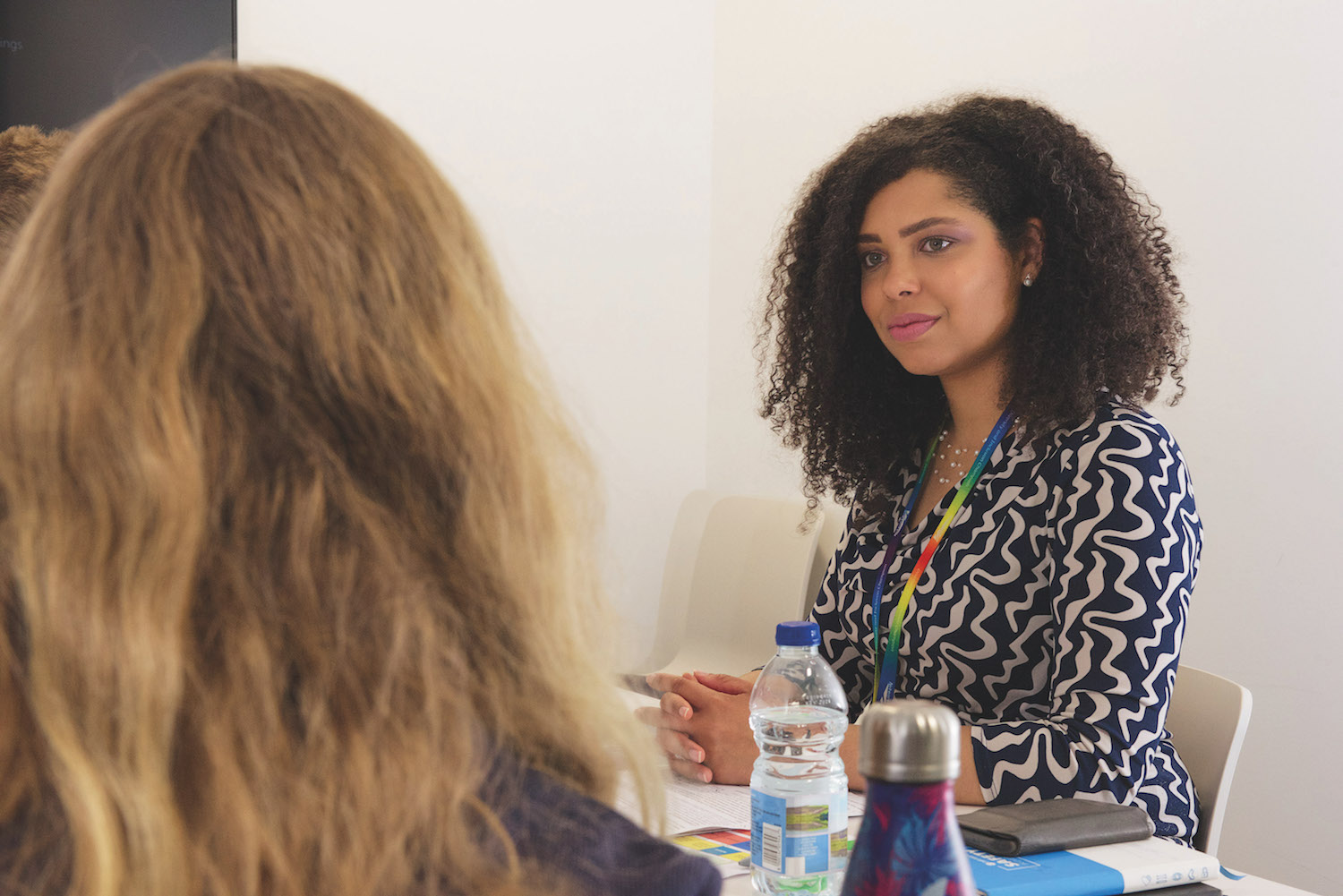When I was first asked to be one of the guest editors for this special issue focused on gender diversity, I jumped at the chance. Equality, diversity and inclusion (EDI) has been close to my heart for a very long time and even more so since joining the rail industry. I joined Network Rail in September 2017 as an engineer on its graduate scheme and since then I’ve come across some brilliant people but, equally, I’ve seen a lot that could be improved in order to bring our industry into the future.
There are lots of things happening that are really positive: from initiatives to increase the number of female train drivers to companies providing shared parental leave (acknowledging that men have as much a right to care for their families as women) and a programme to rollout more toilet facilities for track workers: the industry is changing for the better.
While these are examples of what we are doing right, not every experience of mine has been positive. When I meet someone new at an industry event, they are still just as likely to assume I’m my male colleague’s secretary or that I work in a more ‘traditionally female’ role as they are to assume I’m an engineer, and some people still hold outdated views regarding the ability of the disabled – which, as a dyslexic, I thoroughly enjoy debunking!

Even where we are doing well, we often don’t discuss the bigger picture when it comes to diversity and inclusion which can lead to some groups feeling singled out and marginalised. Many people feel ‘diversity issues’ aren’t for them because they aren’t female or from a black, Asian or minority ethnic background, when, in reality, that couldn’t be further from the truth and an interest in ‘diversity issues’ should be for everyone. We each have things that make us unique and acknowledging the hardship one group might experience isn’t a green signal to diminish the experiences of others. Diversity is for all and by discussing what it means and how we are all unique, we can try to make the industry better for each and every one of us.
My hope for the industry has been rekindled as of late. I was recently appointed as a mentor for Andrew Haines, chief executive of Network Rail, on diversity and inclusion issues. To see someone at such a high level take an interest in EDI shows me there is a new wave of change coming and I would like to see every top boss in our industry follow suit and lead from the top, as Andrew has done.
Although Andrew doesn’t fall into the demographic you might initially associate with EDI, he recognises these are issues that affect us all and that we need to reconsider what diversity and inclusion means on both a personal and industry level as it may be much broader than we realise and because it’s the right thing to do.
After agreeing to help shape this bumper issue, I met with fellow guest editor Nikki Williams and RailStaff editor Stewart Thorpe in Birmingham back in June to thrash out a plan. With the input from Anna Delvecchio, who completed the lineup of guest editors, we decided on the most important topics to tackle and how these might be approached. The bulk of this edition is the product of those discussions.
We are a wonderful industry with fantastic people and a proud history, but although our roots lie in the Victorian era it’s time to bring our values into the modern age and show other industries we can be every bit as progressive as them. I hope you enjoy this special issue.
Inge-Sarah Andersen

